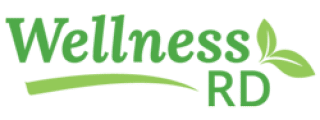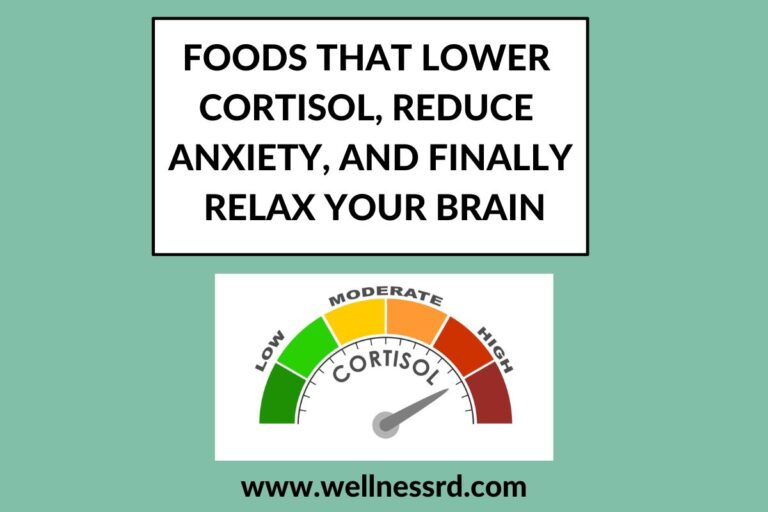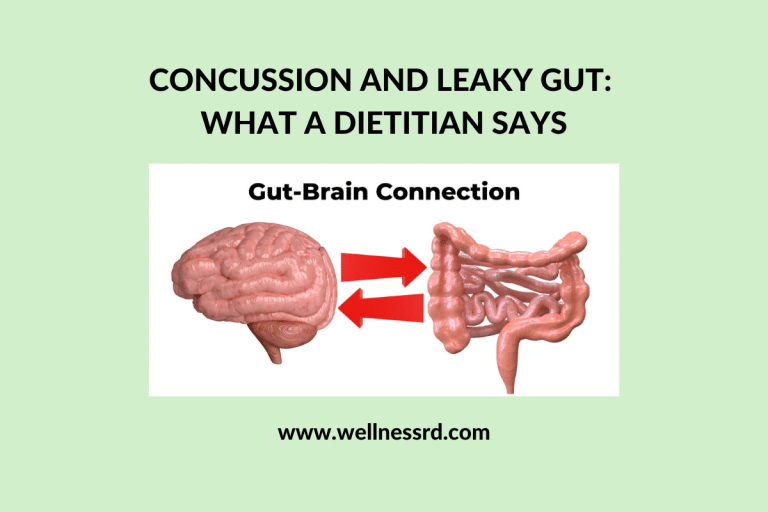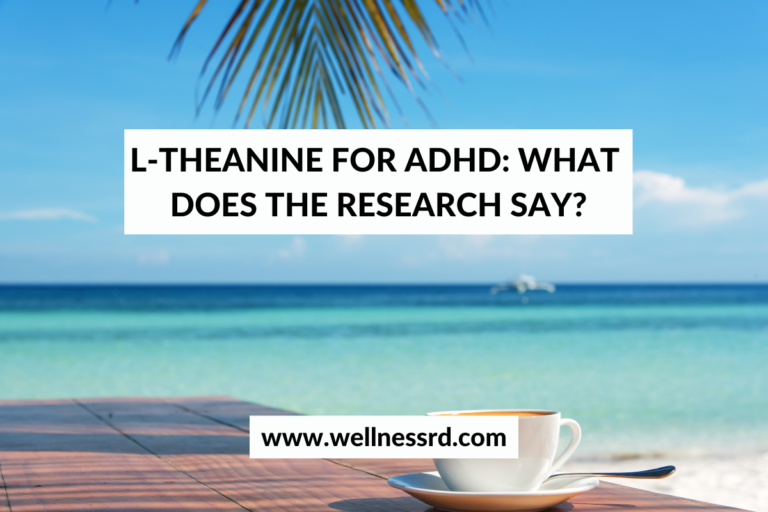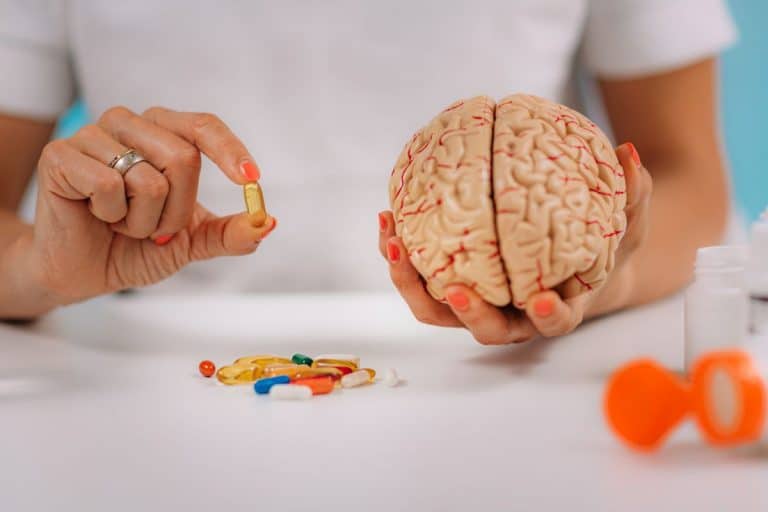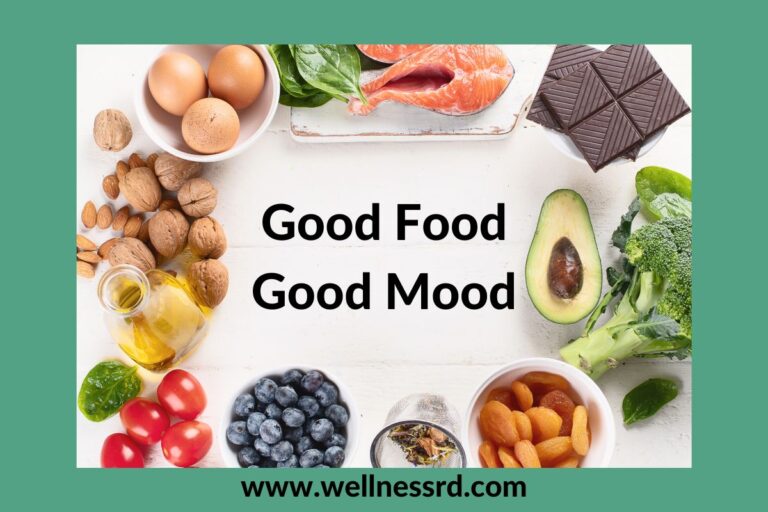Best Foods for Concussion: What You Need to Know
Wondering the best foods for concussion?
Do you have concussion symptoms such as fatigue, nausea, headache, confusion, dizziness, or memory problems?
I have been there with a history of multiple concussions!
Nutrition is important to heal your brain and support your recovery after a concussion.
Let’s dive in.
This information is for educational purposes only. As with any medical advice, always check with your doctor or healthcare professional for personal and age-appropriate recommendations.
Want a copy of this article? Click here to download a copy of this article.
Table of Contents
What are the Best Foods for Concussion?
Following a concussion, nutritional demands are increased. Your body needs calories, protein, vitamins, and minerals to heal. Concussion supplements are often recommended.
However, what are the best foods for concussion?
Some nutrition guidelines are to maintain caloric intake and to increase protein needs.
Brain foods that increase BDNF (Brain Derived Neurotrophic Factor) are beneficial for brain recovery.
Here are some of the best foods to include in your nutrition plan after a concussion.

Brain Benefits of the Ketogenic Diet
The ketogenic diet has been studied extensively for neurological diseases including concussion (1, 2, 3).
A ketogenic diet with greater than 70% fat and less than 10% carbohydrate as a treatment for Post-Concussion Syndrome (PCS) showed an improvement in visual memory and post-concussive symptoms (PCS) in a recent study (4).
Ketones are the preferred source of energy after concussion as glucose metabolism may be altered. The ketogenic diet can also increase glutathione (an antioxidant) by activating the Nrf2 pathway which may reduce inflammation (5).
Keto friendly foods include:
- Meats, fish, and eggs
- Low carb fruits and vegetables like avocado, berries, bell peppers, broccoli, and spinach
- High fat dairy such as butter, cheese, yogurt, sour cream
- Other added fats including olive oil, nuts and seeds
Be sure to work with your healthcare provider for specific guidelines and monitoring.
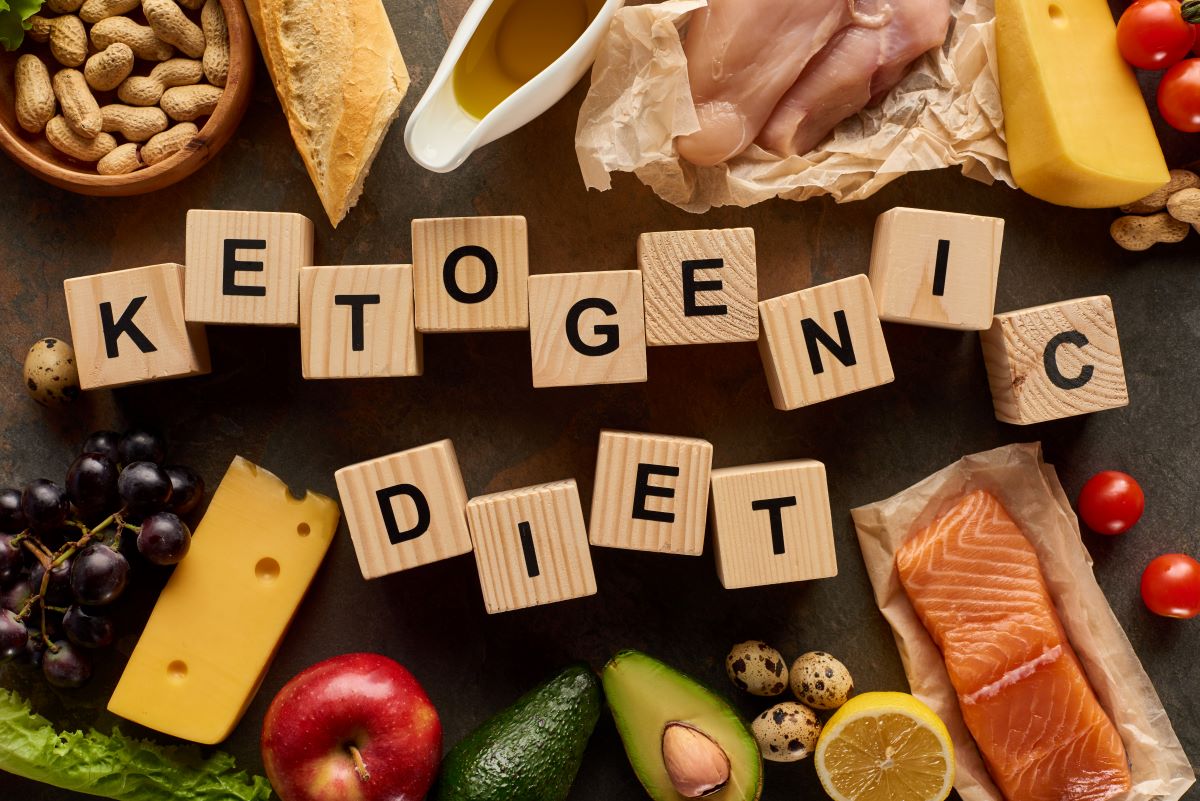
Vitamin D Foods
Vitamin D can be neuroprotective and plays a critical role in neuroinflammation. A deficiency has shown to exacerbate post-concussive inflammation (6, 7, 8).
Foods sources of vitamin D include fatty fish, fortified foods, liver, and egg yolks. It is challenging to get enough vitamin D from foods alone so supplementing may be necessary.
Always get your vitamin D level checked prior to supplementing.
Omega-3 for Brain Injury
Omega-3 fatty acids are essential for optimal brain health and can reduce brain inflammation after brain injury. They can improve learning, memory, cognition, and even blood flow in the brain (9).
Omega-3 fatty acids are found in fatty fish like salmon, mackerel, anchovies, sardines, and herring (also known as S.M.A.S.H fish).
Plant based sources include flax seeds, chia seeds, and walnuts.
Studies have shown that dietary intake of omega-3 fatty acids may not be enough therefore, supplementation may be recommended (10).
Magnesium for Concussion Recovery
Studies have shown that oral magnesium can decrease symptoms following a concussion (11),
Foods rich in magnesium include pumpkin seeds, chia seeds, almonds, spinach, cashews, peanuts, black beans, soybeans, bananas, avocados, and some dairy products (12).
Antioxidant Foods for the Brain
Antioxidants play an important role in optimal brain health. They have been studied in brain injury (13, 14).
Some high antioxidant foods are:
- Berries
- Dark green leafy vegetables
- Chocolate
- Sweet potatoes
- Nuts and seeds (15)
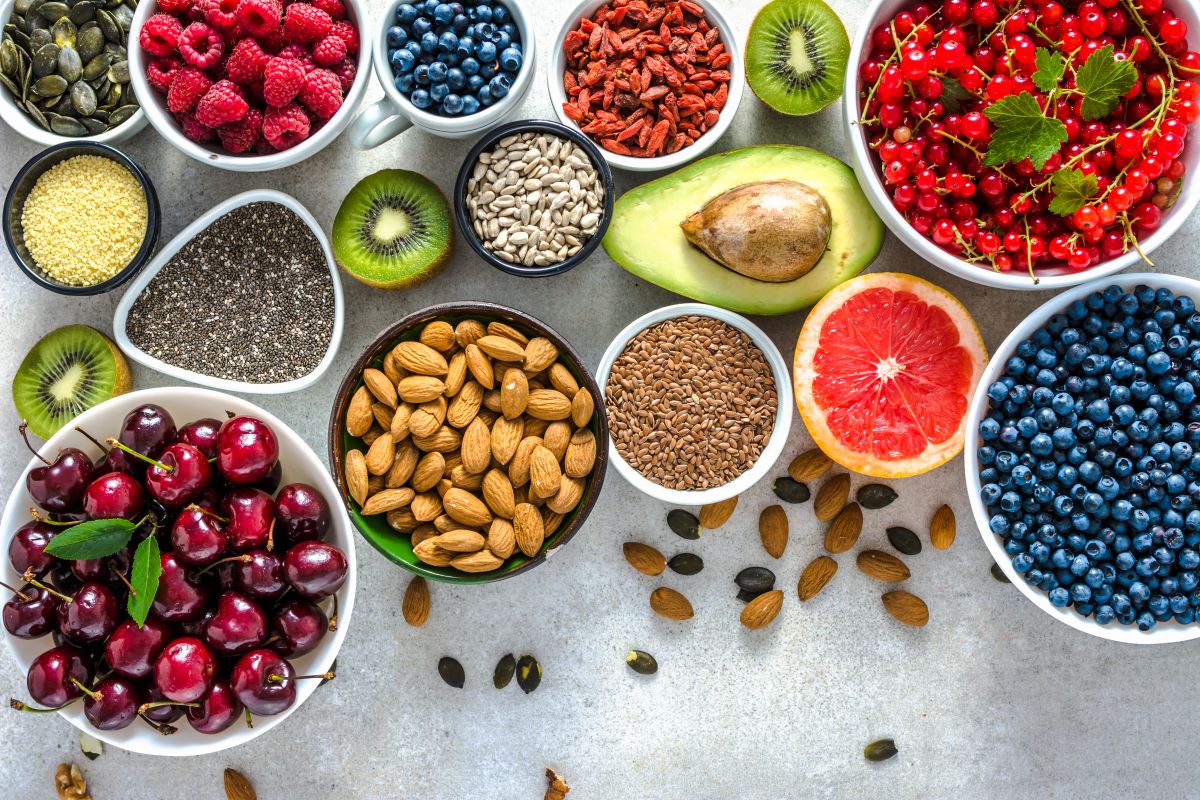
Curcumin for Neuroinflammation
Natural compounds such as curcumin have been investigated with neuroinflammation (brain inflammation which occurs with concussion). Studies have shown that curcumin has protective effects after concussion (16).
Curcumin is found in turmeric and can cross the blood brain barrier (17).
Add some turmeric to your food or use curry powder to season your favorite dish. Optimal doses of curcumin may be met with supplementation.
Natural Sources of Creatine
Studies show creatine supplementation is beneficial for skeletal muscle and brain health (18, 19). It has been studied in brain injury and it is one of the most studied recovery aids in sports performance.
Creatine is stored in muscle therefore, foods high in muscle tend to be the best sources of creatine (20).
Rich sources of creatine include shrimp, cod, herring, salmon, tuna, beef, pork, and chicken (21).
Since your body can make creatine from arginine, glycine, and methionine, it is considered a non-essential nutrient (22).
Foods contain a small amount of creatine vs. supplements so it is recommended to take supplements in addition to foods and spare the amino acids for other actions in the body (23).
Final Thoughts
Following a concussion, nutritional demands are increased. Your body needs calories, protein, vitamins, and minerals to heal.
Eating the right healthy foods after concussion can play a role in your concussion recovery and reduce your symptoms.
Some of the best foods for concussion include:
- A keto diet with increased fat intake greater than 70%.
- Vitamin D foods include fatty fish, fortified foods, liver, and egg yolks.
- Omega-3 fatty acids foods like fatty fish like salmon, mackerel, anchovies, sardines, and herring (also known as S.M.A.S.H fish).
- Some foods rich in magnesium include pumpkin seeds, chia seeds, almonds, spinach, cashews, peanuts, and black beans.
- High antioxidants foods including berries and dark green leafy vegetables.
- Curcumin is found in turmeric.
- Creatine in foods like shrimp, cod, herring, salmon, tuna, beef, pork, and chicken.
Read my other blog on the importance of early recovery after concussion and concussion supplements.
If you would like to work with a functional nutritionist who has personal experience with concussions, please contact me.
Test don’t guess.
Contact me to schedule an appointment to review your personalized nutritional health.
© Amy Archer RDN, CLT, CHWC
